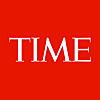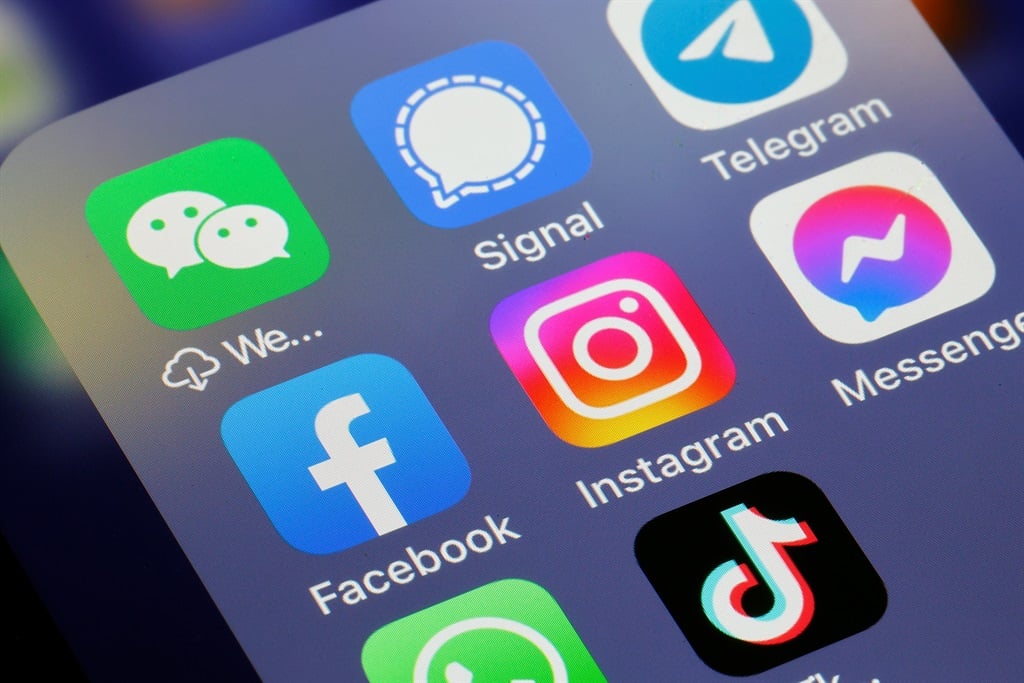ARTICLE AD BOX

In elections earlier this year, incumbent leaders and parties in India, South Africa, France, and Britain took a beating. America’s President and Japan’s Prime Minister were pushed to step aside before their parties face voters. Germany’s Chancellor is lucky his country won’t hold national elections until next year. Voters everywhere, it seems, want change. Now it’s Justin Trudeau’s turn to face the music.
[time-brightcove not-tgx=”true”]Canada’s Liberal Party–led government and its increasingly unpopular Prime Minister face a growing risk of early elections they appear all but certain to lose. After winning power with a majority of parliamentary seats in 2015, elections in 2019 left Trudeau’s Liberals with a minority government which they retained following a snap election in 2021. Then, on Sept. 16 of this year, the Liberals hit an iceberg when they lost a safe seat in Montreal, LaSalle—Émard—Verdun, in a by-election. With apologies to Frank Sinatra, if Trudeau’s Liberals can’t make it there, they can’t make it anywhere. The winner instead: the Bloc Québécois.
Pollster Angus Reid found in September that nearly two-thirds of respondents nationwide disapproved of Trudeau’s performance as PM. The latest polls show that Canada’s Conservative Party, now led by Pierre Poilievre, could win nearly four times as many seats as the Liberals. Voters favor the Conservatives on jobs, the cost-of-living crisis, taxes, immigration, and crime.
Some Liberal MPs have called on Trudeau to quit his post as PM and party leader in favor of a fresh face ahead of the next elections, but polling offers no indication that a Liberal Party replacement would fare much better.
Though the direction of polling appears clear, the timing of the next vote remains uncertain. Federal elections are currently scheduled for October 2025, but Trudeau’s Liberals lead a minority government in a hung Parliament, and opposition parties could join forces to compel an early vote at any time. The current government could be defeated in a no-confidence vote that would set up a potential campaign as soon as November. Even if Trudeau survives another challenge—his government has already survived two no-confidence motions in recent weeks—the need to pass a federal budget in April makes a spring election likely.
Which brings us back to the Bloc Québécois, a separatist francophone party with much to say about when the next election is held. The party’s leader, Yves-François Blanchet, has threatened to withdraw support from Trudeau’s government unless the Prime Minister agrees to back a bill that would raise pensions and exempt some farming sectors from future trade negotiations. Blanchet has warned that if his demands aren’t met, the bloc will open talks with the Conservatives and the New Democratic Party, which sits to the left of the Liberals, to collapse Trudeau’s government.
It’s even possible the Bloc Québécois will win more seats than the Liberals in the next election, raising the prospect of Blanchet as Leader of the Official Opposition. If so, the 2026 election in Quebec could become the testing ground for a third independence referendum for the mainly French-speaking province. If Quebec voters are frustrated with Trudeau, they have no great love for Poilievre. Rule by Conservatives, which will rely heavily on votes in Ontario and western provinces, might also leave Quebecers feeling underrepresented in government.
For now, the question is whether Liberal MPs can persuade Trudeau to stand down and how soon other parties can force an election. A bad year for incumbents worldwide may soon get worse. But the bigger story for Canada may be the resurgent Quebec nationalists who want one more shot at a country of their own.
.png)
 1 month ago
4
1 month ago
4








 English (US)
English (US)